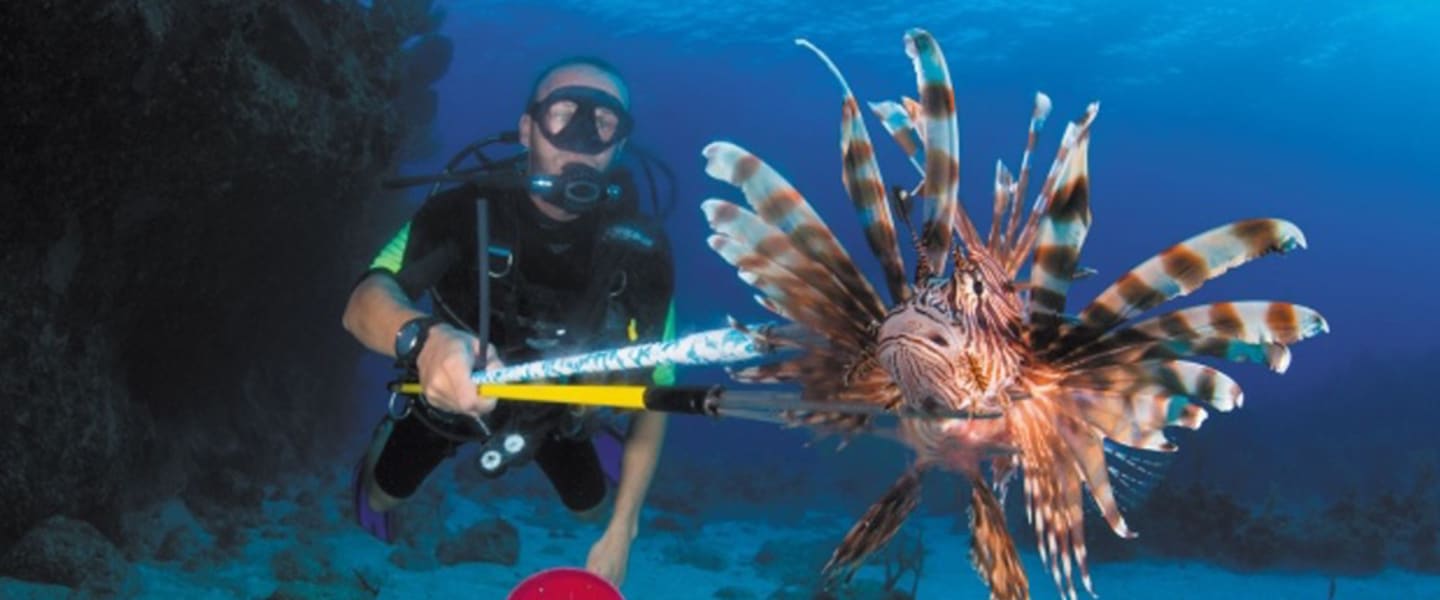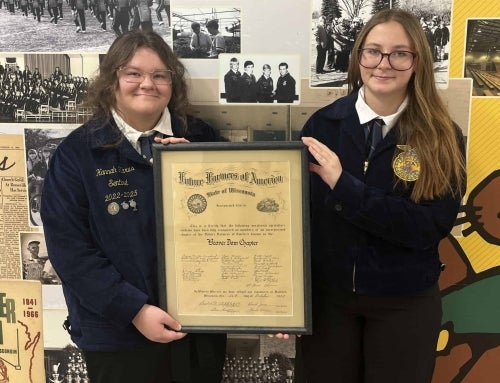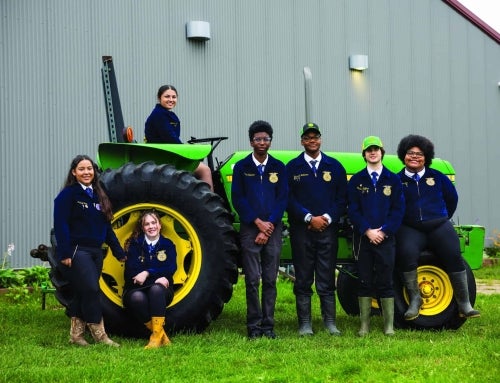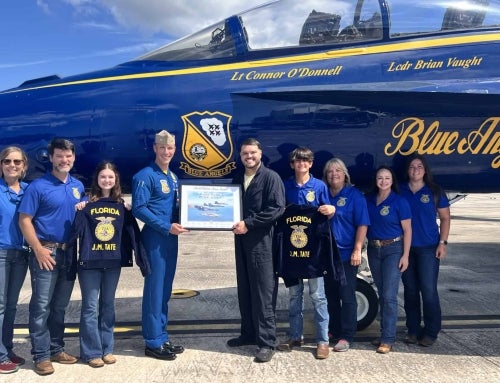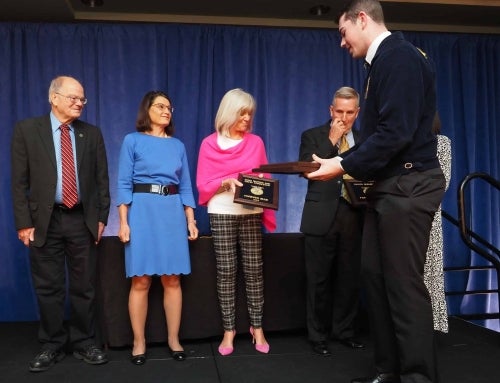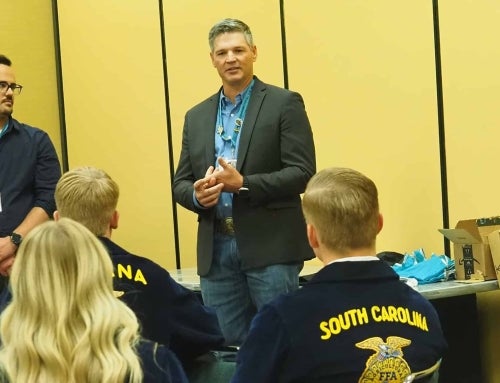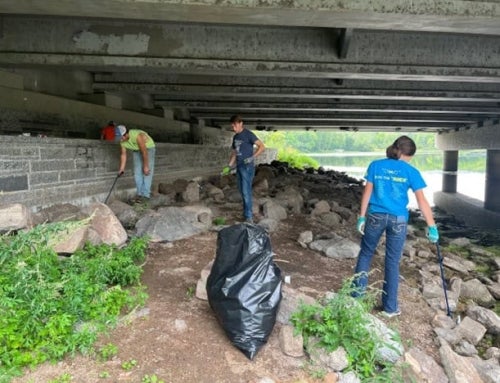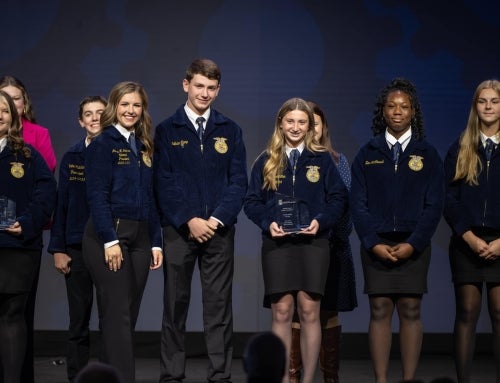FFA advisor Marc Moran of Atlee High School in Mechanicsville, Va., is not your typical agriculture teacher. Moran, a certified scuba instructor with the Professional Association of Diving Instructors (PADI), spends free time scuba diving in the Caribbean and other parts of the world.
“I’ve been fortunate to travel all over and see a lot of cool things,” Moran says. “I dive in the southeast coast of North Carolina amongst the large number of World War II wrecks. I’ve been to the Caribbean, as well as Tahiti and Fiji, and seen the colorful fish people recognize from the movie Finding Nemo.”
Being an ag educator gives Moran a unique perspective underwater.
“It’s really neat because I’m aware of the environmental impact poor agriculture practices have on the water, especially in developing countries,” he says. “It makes you think about more sustainable ways to manage agriculture.”
Moran has been working with the National Oceanic and Atmospheric Administration (NOAA) and Reef Save to educate about an invasive species called lionfish and help control its population. Lionfish are predators that compete with native fish for food and space. Scientists fear that because lionfish have no known predators and reproduce all year, they will kill off desirable species.
“You can’t eradicate lionfish, but we’re trying to find ways to reduce numbers,” Moran explains. “We’re hoping to find a commercial use for lionfish.”
Moran’s agriculture students helped build lionfish traps that are being tested for commercial use by local fishermen in the waters near Saint Lucia in the Caribbean and near Belize.
“We know one way to reduce populations is to capture them for food. Traps are a way to harvest efficiently,” Moran says. “The traps are simple and impressive in how they work, but they have to get through the testing process. If U.S. officials approve the use of traps, other countries will likely jump on board.”
Scuba diving has also made Moran more aware of the impact humans have on the world below water.
“It’s easy to overlook the things we don’t see. If you take time to look underwater, you’d be amazed at the things happening there,” he says. “As stewards of the land, we need to take better care of our rivers, streams, bays and oceans to have the greatest impact.”

